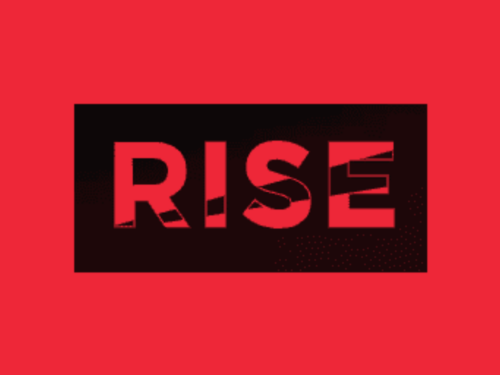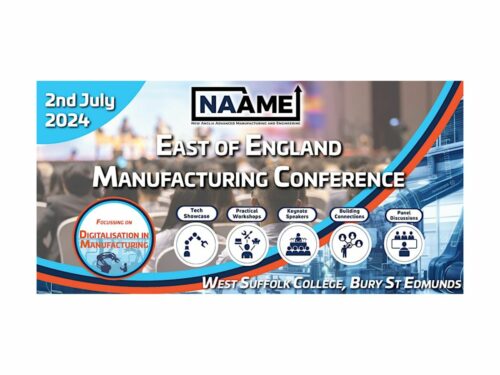Zero Waste Retail Hackathon
27th Apr 2019, 9:30am
Introduction
For decades now supermarkets have been pre-packaging more and more goods in order to increase their profitability by increasing the ease with which they can sell. This practice has come at a significant cost to the environment and there is a growing ‘zero waste’ retail movement which has started to sell loose goods into containers that customers bring themselves.
Full Circle (www.fullcircleshop.co.uk) is a Cambridge-based zero waste retailer that is now at the point of adding food to its current range (see our CrowdFunder at https://www.crowdfunder.co.uk/zero-waste-store-for-cambridge). Full Circle is sponsoring this hackathon in the belief that there are better approaches to zero waste retailing than have currently been deployed.
Zero waste retailing has a couple of key challenges; the inconvenience for the customer, and the labour-intensive retail process. It is our contention that if these challenges are not adequately addressed, then the prices charged and the effort involved for the customer will mean that zero waste shops will only ever be frequented by the well-heeled and/or those who are highly motivated by environmental issues.
We, at Full Circle, invite anyone who has an interest in this area, or who just enjoys working on complex problems to join us for a stimulating weekend of conceptualising, designing, building, hacking and general problem-solving. We’re absolutely not just looking for software hackers, but also those with skills in consumer behaviour, process design, product design, graphic design and communications.
The Challenges
The following specific challenges have been identified:
- Currently most zero waste retailers expect customers to bring a range of their own containers to fill up. These containers might be bulky and heavy and thus the process of getting to the zero waste shop without using a car (which of course is greatly preferable) is likely to put many off.
How could this process be made more amenable to the customer?
- One of the ways in which the process might be made more convenient is to bring the zero waste experience closer to the customer through a mobile shop and regular community pop-ups. However, zero waste retailing involves large, cumbersome and expensive dispensers that make it difficult to be mobile.
Could a system be devised that made it easy for a single person to take a zero waste shop ‘on the road’.
- Another option to improve convenience would be to offer a home delivery service. However, to avoid pre-packaging it will be necessary either to use the customer’s own containers (with the associated problem of having to collect it first before being able to fill and return it), or to use a range of containers that the retailer owns that are either just used for transport and then returned, or maybe used for kitchen storage if a deposit return scheme were employed.
What would a successful home delivery system look like?
- Most goods in a zero waste shop are sold by weight, and thus one of the most intractable problems of zero waste retailing is that the weight of the customer’s container must be taken into account when weighing. Typically the weight of the container must be recorded somewhere before the goods are added, and typically the final weighing is performed by the retailer who will deduct the recorded container weight. Inherently this approach does not lend itself to swift self-service, and thus the process is slow, cumbersome and labour-intensive.
Are there process and/or technological solutions that could be employed to make the experience convenient and pleasant for the customer and involve less effort on the part of the retailer?
- Could an app be developed to encourage and facilitate zero waste retailing?
Perhaps such an app could answer questions such as specific items can be bought loose, or which retailers give discounts for the use of reusable containers.
The organisers will be awarding a prize for the best project, taking into account the potential impact, progress over the weekend, and cost to fully implement.
What we will provide
Please bring your own laptop. There will be good wifi, a Slack collaboration space, an AV system, and a number of Arduino and Raspberry Pi starter kits (though it would really help if you have your own to bring).
More specifically we will have examples of the food dispensers we plan to use and some Arduino and RPi compatible strain gauges and interface boards that can be used to develop scales that will facilitate streamlining the retailing process.
Practical Details
- The event is free of charge.
- You must agree that anything you develop is is placed into the public domain.
- You are welcome to come as a fully-fledged team, or we can help to create teams on the day.
- We’re grateful to Barclays Eagle Labs for letting us use their space for free this weekend. It’s a great location in Cambridge, right by the river, though local parking is very limited so arriving on foot, bicycle or using public transport is strongly advised.
- Tea and coffee will be available for free.
- A buffet lunch will be provided on both days though there are a number of excellent places to eat within minutes of the venue if you prefer.




